The Times
 |
Alex Beard, who took charge at the Royal Opera House
last year, rejects its reputation for elitism
|
 |
Alex Beard, who took charge at the Royal Opera House
last year, rejects its reputation for elitism
|

A fascinating debate amongst some members has emerged about the digestive effects of Guinness. It is an important discussion, given the increasing old age and Guinness consumption of many members, especially on Tour. It began when one All Star belatedly complained about the captioning of a picture of a tray of Guinness as "7 pints of spastic colon" on the grounds that it is "offensive to disabled people" and "generally unpleasant and disgusting". The blogmaster disputed the complaint, arguing that far from being an offensive term, Spastic Colon is one of the accepted medical terms for Irritable Bowel Syndrome and generally refers to erratic bowel movements – “such as one is pretty well certain to suffer after drinking large quantities of Guinness”. This assertion was based on his own experience and anecdotal evidence, particularly on the Irish Tour. He also argued, perhaps rashly, that this is understood by Guinness drinkers all over the world. Another member, asked for support by the complainant, could not comply and instead wrote: "I can confirm (both from experience and consulting with my surgeon uncle) that [blogmaster] is correct regarding the relationship between irritable bowel sydrome, a spastic colon and 7 pints of the black stuff. Hence the fact that I only drink lager on tour." The complaint appears to have been based on the irrational and fundamentally ignorant fear that other forces might use the term "spastic colon" against the mildly famous complainant.
Internet research demonstrates that "spastic colon" is a perfectly acceptable phrase, but what of the "Guinness effect"? How widespread is it? A fascinating blog site called "IBS Tales. Personal experiences of irritable bowel syndrome" (http://www.ibstales.com/men_and_diarrhea_3.htm) gives a clue, albeit implicitly: "I started a new job in the September of that year meaning I could move back to an area we knew. Things did seem to get a bit better (slowly) and I was not in as much pain. Slowly but surely I started to go to the pub with my team at lunch time, I even dared myself to try a Guinness! Heaven for 15 minutes, hell for three days! But by the November I was OK again, almost back to my pre-IBS days."
On the other hand, the equally captivating fartygirl.blogspot.com (http://fartygirl.blogspot.com/2011/04/ive-been-bad-bad-gluten-free-vegan.html) contains the testimony: “The thought of living a life without Guinness killed me. Then I read somewhere that some touchy stomachs can handle Guinness. This is because Guinness is wheat free, made from barley. I drank Guinness and I continue to drink Guinness. It gives me NO problems.”
(Incidentally, if you are doing your own internet research do not be diverted by a website called www.doodlekisses.com as that is about a dog called Guinness which happens to suffer from IBS.)
One member of the Irritable Bowel Syndrome Self Help and Support Group(http://www.ibsgroup.org/forums/topic/74144-alcohol-and-ibs/page__p__121147__hl__guinness__fromsearch__1#entry121147) says: “Guinness can give the most regular drinkers problems the next day also.” And in the website MedHelp (http://www.medhelp.org/posts/Gastroenterology/Re-black-and-tarry-stools--guinness/show/440172), under the heading “Black and tarry stools” a contributor writes: “I have found that drinking guinness causes me to have these foul things. Is this a universal effect of guinness or a possible indicator of something wrong with my insides?” There was no satisfactory response.
Members may also find limited further general insight into the subject on the Poopreport website (http://www.poopreport.com/Doctor/Knowledgebase/beer_and_poop.html). The man who had to shave his buttocks tells a particularly enchanting tale.
All Stars should email the blogmaster with their own experiences (whitecityallstar@aol.com). Their identities will be kept strictly confidential, if that is their wish. This topic could run and run.




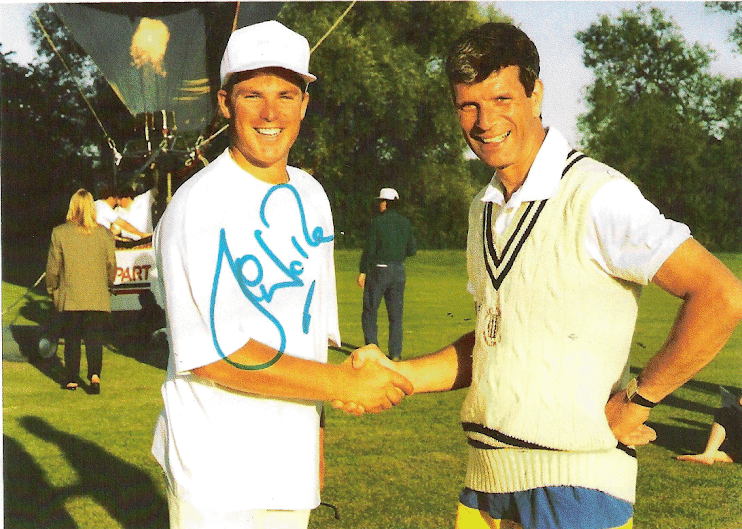
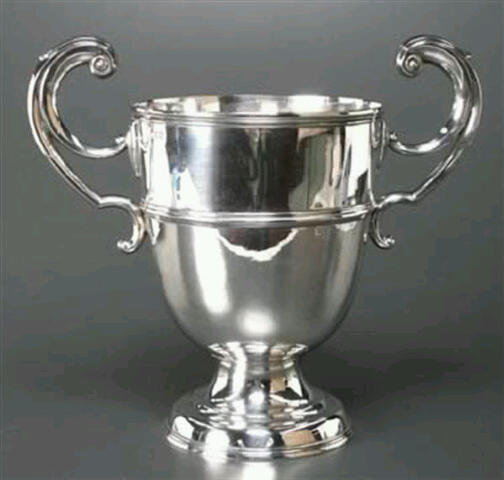
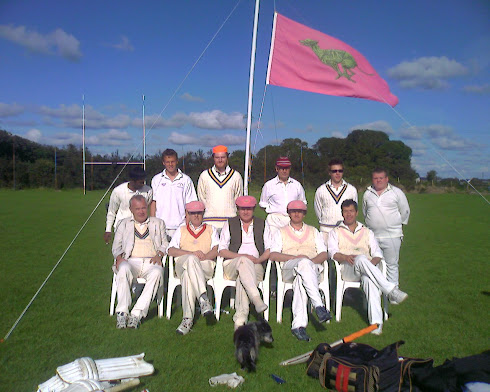



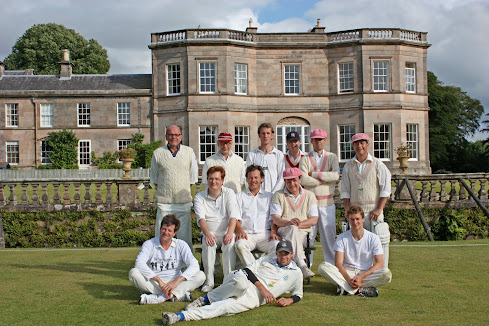
Media tributes to Tom Beard
- http://www.theguardian.com/stage/2015/jul/28/tom-beard?CMP=share_btn_fb
- http://www.ok.co.uk/celebrity-news/actor-tom-beard-dies-cancer
- https://www.thestage.co.uk/news/2015/actor-tom-beard-dies-aged-50/
- http://www.whatsonstage.com/london-theatre/news/actor-tom-beard-dies-aged-50_38345.html
- Peter Oborne has published another book, Wounded Tiger: a history of Cricket in Pakistan.
July 2014
-Damien D'Oliveira has died of cancer at the age of 53. A wonderful, kind, modest man, he was also a great help to Peter O and Paul Y in their documentary about his great father Basil. He was a fine cricketer and a superb coach. Our thoughts and prayers are with his family.
29 June 2014
- Glowing profile of Alex Beard in The Times - see post, right.
- Congratulations to occasional Tourist and one-time self-proclaimed All Stars captain, Amol Rajan, who has been appointed Editor of The Independent. He was previously Editor of Independent Voices, a comment, campaigns and community platform across print and digital. He also wrote a book called Twirlymen: the Unlikely History of Cricket's Greatest Spin Bowlers and plays for the distinguished Authors XI.
- Richard Greene of Halverston Cricket Club writes with very sad news:
Alan Ruddock's father John died on Friday 17th May 2013. He had been in hospital for a short time. He was a huge cricket fan, often staying up all night to watch or listen to Test matches. He had been a schoolteacher and headmaster but his real passion was as an impressario. He brought over and promoted many classical performers from Eastern Europe in particular, and nurtured them in their early careers with concerts in Limerick and Dublin and sometimes in London. Many are now major international names. He told me recently that he had just held his 800th concert! John was greatly distressed by Alan's death and missed him enormously particularly as Doreen his wife had died about five years previously. He is survived by Gillian his daughter.”
The funeral is on Tuesday 10.30 in the same church as Alan in Dalkey.
Gill's address is:
Gillian McCutcheon
Gortnamona
Killiney Hill Road
Co Dublin
- Alex Beard becomes a fully-fledged Grandee: having been made a Commander of the Most Excellent Order of the British Empire (CBE) for services to the arts in the New Year Honours at the end of 2012, Alex has also been named the next Chief Executive Officer of the Royal Opera House (see post, right). It is a well-deserved appointment, although we have never quite forgiven him for auctioning off the Tate Gallery's cellar of fine wines.
- Following Basil D'Oliveira's death, word is out that Paul Yule and the acclaimed producer Andy Harries are working towards a feature film about him, based on Peter Oborne's biography. The script has already been written by Oscar-winning screenwriter Sir Ronald Harwood.
- "Basil d'Oliveira, the great South African and England cricketer, who has died aged 80, was easily the most distinguished White City tourist. He came to Ireland with us in 2003 and it is safe to say that he was not awestruck by the standard of our cricket. He also outshone most of us off the field and Tim Shipman, who was on that tour, records: 'I have never met anyone who I felt so exuded greatness in their company'. "(P.Oborne)
PS Does anyone on that tour have any photos of Basil for use here?
- Nigel Whittaker, an active All Star in the 80s and early 90s and enduring friend of older members, died on February 20th aged only 62. An extremely accomplished man, he was the founding finance director of Woolworth Group when it was bought out in 1982. His other roles included chairman of B&Q and Kingfisher group communications director. He was also a passionate and able cricketer; at his other club, the Fleet Street Strollers, he held for many years the record for highest individual score - 152 not out v West Herts in 1990.
- Peter Swaab, All Star founder member and distinguished academic, is to publish a new book, Bringing Up Baby, which examines, in part, "the wild abnormalities of romance" (see post, right)
- Richard Heller's new cricket novel, The Network, the sequel to A Tale of Ten Wickets, has been published by Bearmondsey Publishing and is now available (see post, right).
- Peter Oborne has made new documentary, Pakistan: After the Floods, which appears in the Unreported World series on Channel 4, Friday 5th Novenber.
- Peter Oborne returns after a summer largely away from the public prints, with his new column at the Daily Telegraph (Sept 26 2010) and a Channel 4 Dispatches documentary, entitled Tabloids, Tories and Telephone Hacking.
- There is to be a memorial service for Alan Ruddock on Thursday 16th Sept in St Bride's, Fleet Street at 11.30am.
- Paul Yule makes new documentary with Nicholas Shakespeare about the charismatic writer Bruce Chatwin August 8 2010 (see post, New Yule documentary, right)
- Tony Oakshett's gigantic depictions of the lost Armada Tapestries formally unveiled at House of Lords July 6 2010 (see post, Oakshett's Triumph, right)
- Sunday Independent names award for Irish International Cricketer of the Year, 'The Alan Ruddock Trophy' June 1 2010
- Alan Ruddock dies playing cricket May 30 2010
- Danny Alexander appointed Chief Secretary to the HM Treasury May 29 2010
- ALTON TOWERS: Roger Alton (former editor of the Independent and the Observer) to join The Times as joint executive editor May 25 2010
- Peter Oborne appointed columnist at Daily Telegraph May 19 2010
- Danny Alexander appointed Secretary of State for Scotland May 12 201



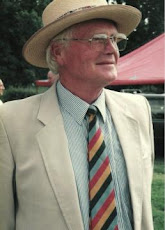


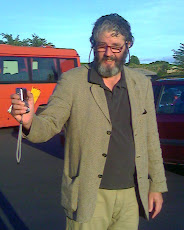


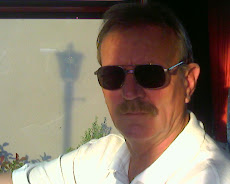
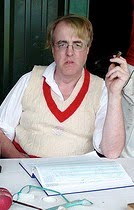














No comments:
Post a Comment